A global survey by AXA and IPSOS reveals that workplace stress, anxiety, and burnout are worsening, with financial instability, job insecurity, and constant exposure to negative news among the key factors affecting mental well-being
A recent study conducted across 16 countries highlights the growing mental health crisis, particularly among workers. Respondents from Belgium, China, France, Germany, Hong Kong, Ireland, Italy, Japan, Mexico, the Philippines, Spain, Switzerland, Thailand, Turkey, the United Kingdom, and the United States reported increasing struggles with stress, anxiety, and depression.
One in three individuals surveyed experiences at least one mental health condition, with depression and anxiety remaining the most common. The situation shows no improvement compared to previous years. Emerging concerns such as climate change and online threats are also contributing to heightened stress and a broader sense of fragility, according to Patrick Cohen, CEO of European Markets & Health at AXA.
Work-related stress remains a significant issue, with many employees struggling to balance their professional and personal lives. More than half of working respondents reported above-average stress levels in the past two weeks, while over a quarter had taken sick leave in the past year due to mental health issues.
The study indicates that mental health-related sick leave has increased, now accounting for 27% of all absences in 2024, up four percentage points from 2023. In France, mental health is now the leading cause of long-term sick leave. Common consequences of workplace stress include sleep disturbances, difficulty concentrating, decision-making challenges, and physical symptoms such as headaches and muscle tension.
Globally, depression and anxiety are estimated to result in the loss of around 12 billion workdays per year.
Young adults most affected
The study found that mental health challenges are even more severe among young adults aged 18 to 24. Mental health-related sick leave in this group has risen to 42%, while 85% report experiencing anxiety, stress, or depression to some degree.
Cohen noted that young adults are disproportionately affected by excessive social media use and feelings of loneliness or isolation. Over half (52%) believe social media negatively impacts their mental health, compared to 36% of the general population. Additionally, 44% of young adults report having a diagnosed mental health condition, 12% higher than the overall average.
The need for workplace support
The study emphasizes the need for employers to step up mental health support. While 47% of employees said their companies have policies in place, 52% wish their employers would do more.
Nils Reich, CEO of AXA Global Health, stressed that companies play a crucial role in addressing workplace mental health. He noted that raising awareness and offering mental health resources can have a meaningful impact, benefiting both employees and businesses by reducing absenteeism and improving productivity.

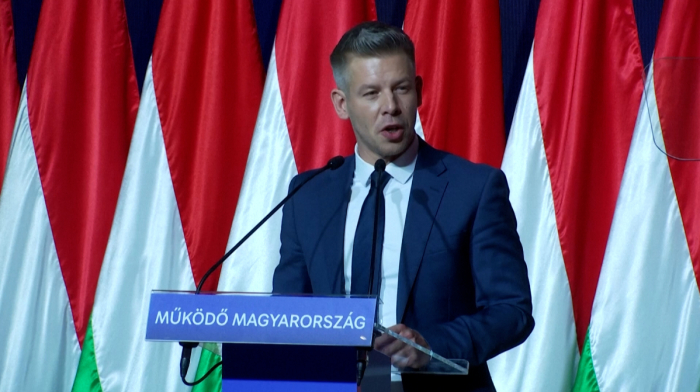
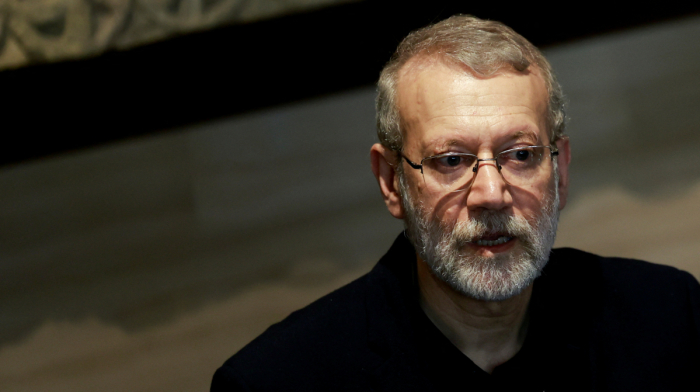
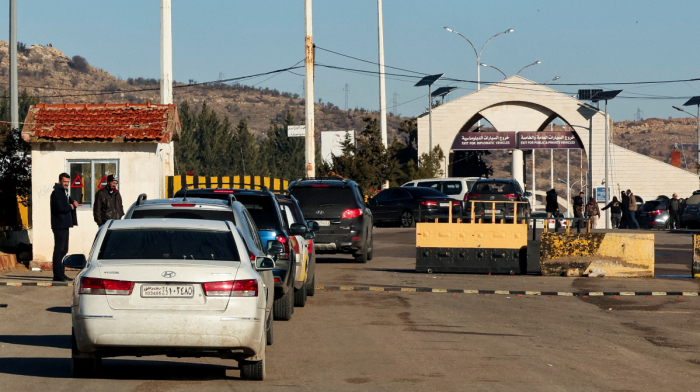

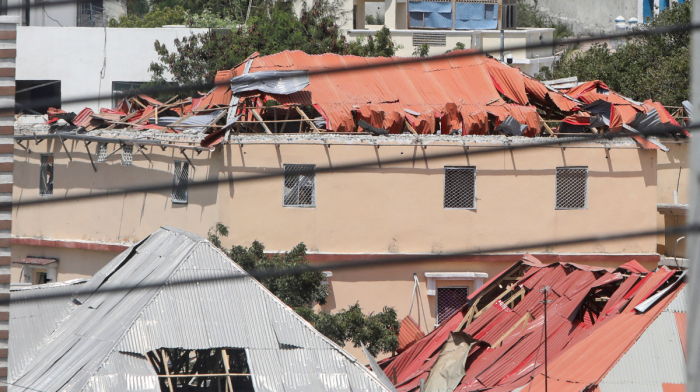

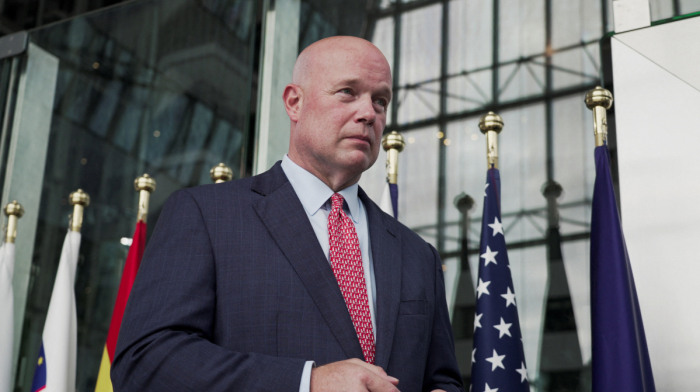


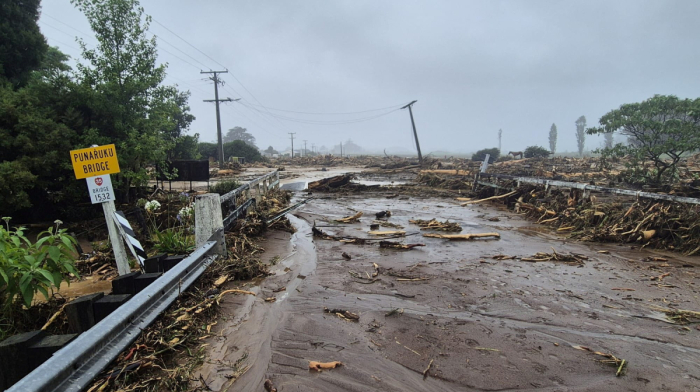

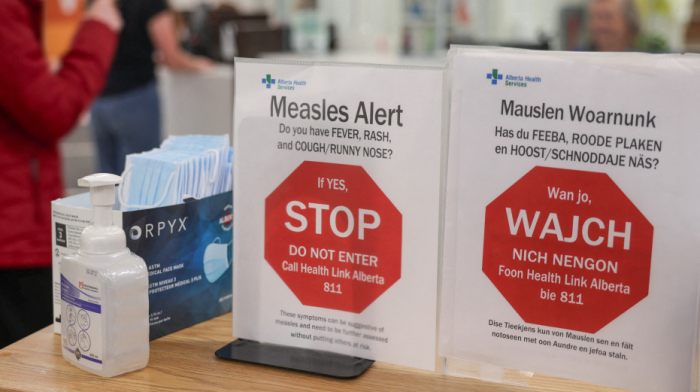
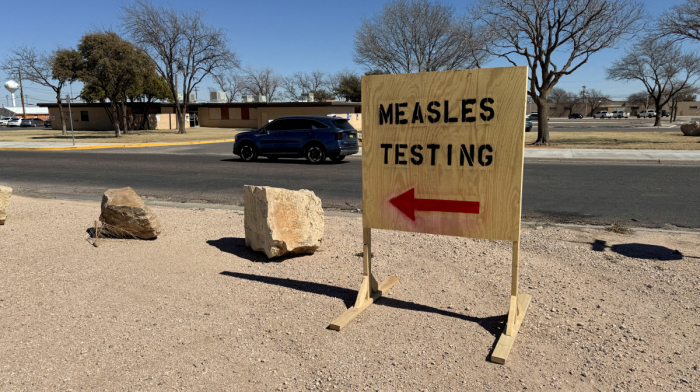
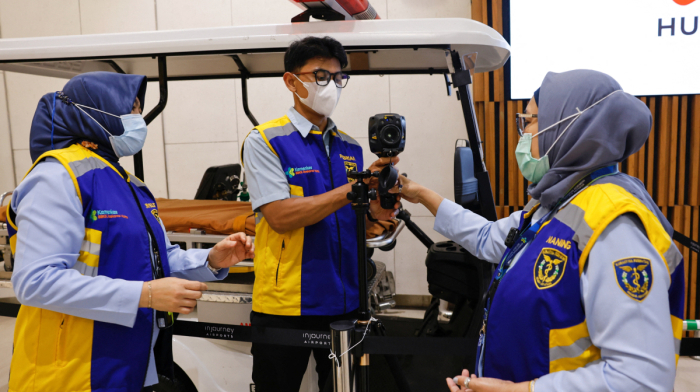
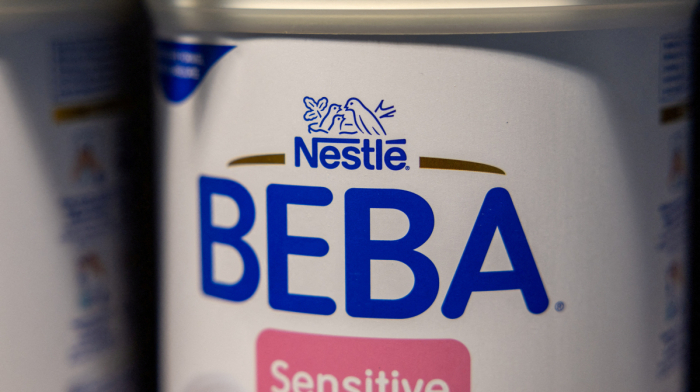
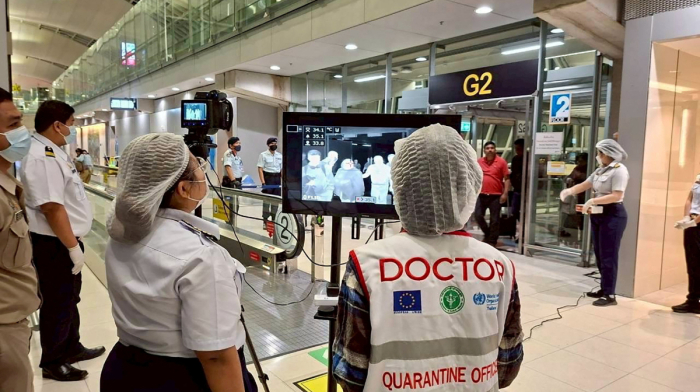



What is your opinion on this topic?
Leave the first comment